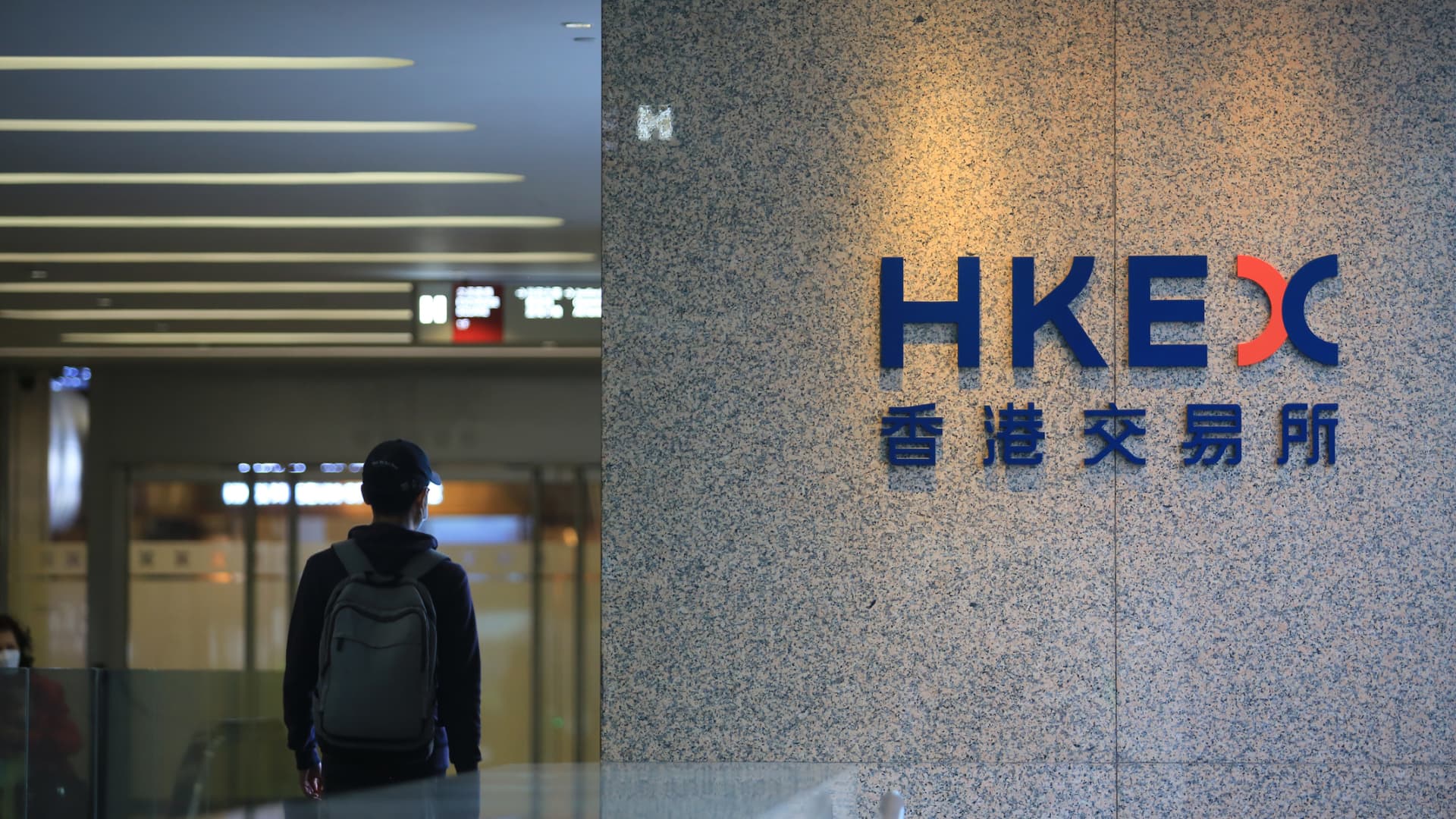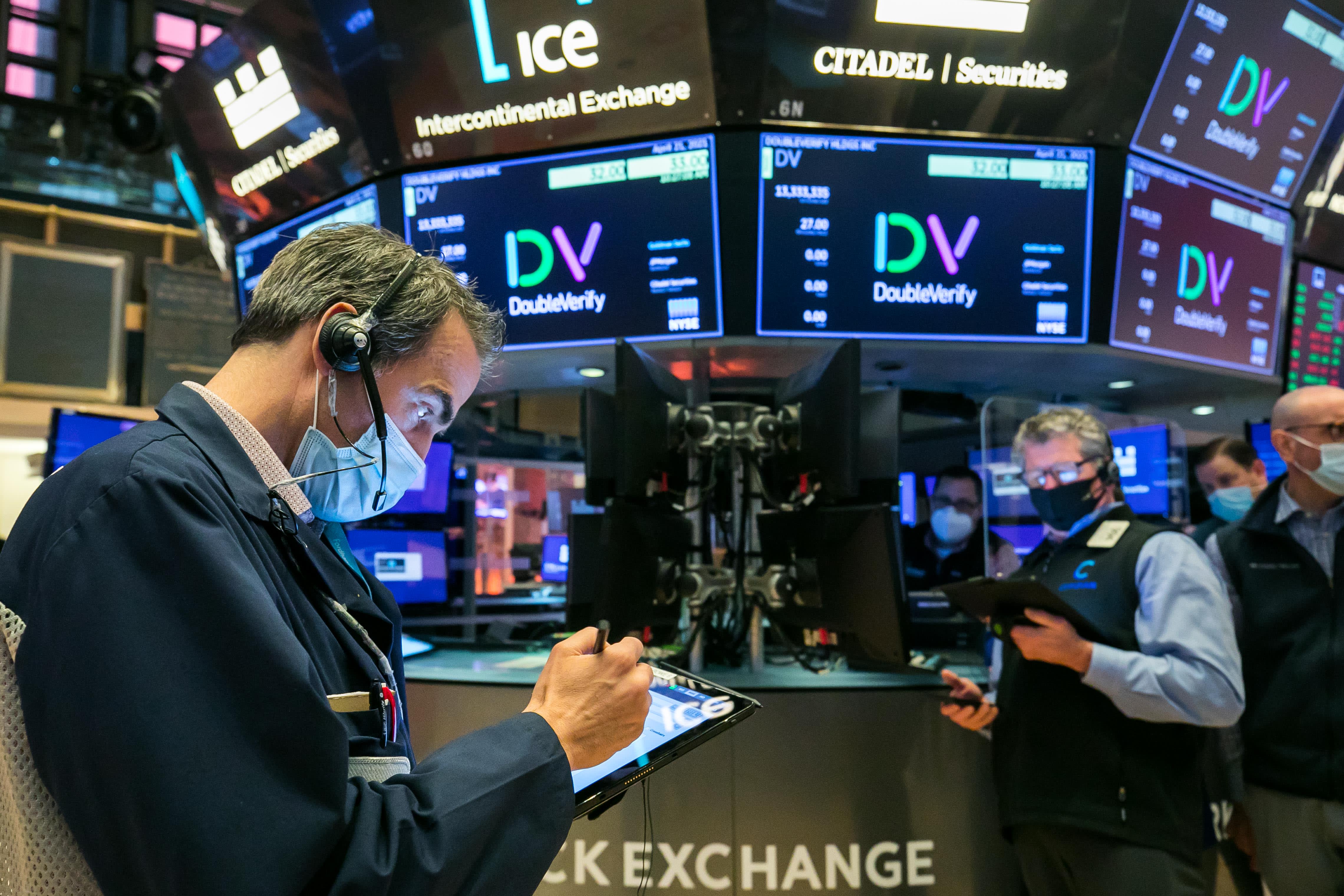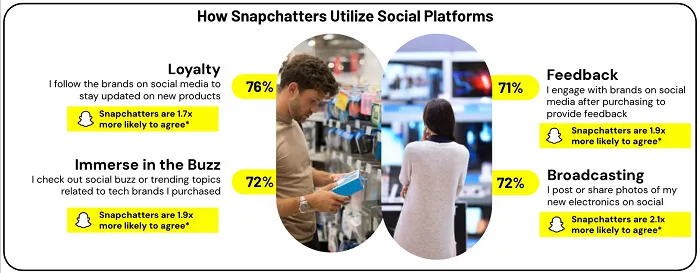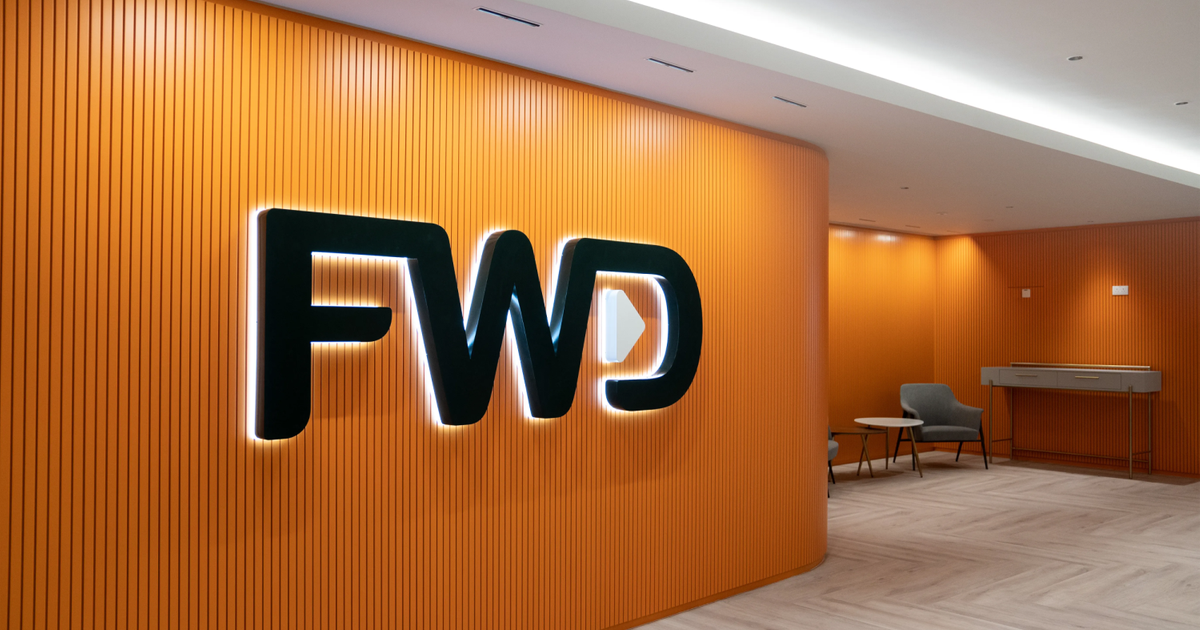Hong Kong's Hang Seng up 2% as Asia markets gain; logistics firm GoGoX falls below offer price
Shares in the Asia-Pacific were higher on Friday, led by tech stocks on the Hong Kong market.

SINGAPORE — Shares in the Asia-Pacific were higher on Friday, led by tech stocks on the Hong Kong market.
Hong Kong's Hang Seng index jumped 2.09% to close at 21,719.06, with the Hang Seng Tech index rising 4.05%. SenseTime was up 4.74% and Xpeng rose 7.32%.
Logistics company GoGoX fell in afternoon trade to close at 16.72 Hong Kong dollars ($2.13) after reaching 23.15 Hong Kong dollars earlier in its debut session. The stock's offer price was 21.50 Hong Kong dollars.
In Japan markets, the Nikkei 225 advanced 1.23% to close at 26,491.97, while the Topix climbed 0.81% to 1,866.72.
SoftBank Group's chief executive, Masayoshi Son, said on Friday that chip designer Arm was mostly likely to be listed on the Nasdaq, though the decision is not final, Reuters reported.
"Most of Arm's clients are based in Silicon Valley and … stock markets in the U.S. would love to have Arm," Son said at the company's annual general meeting, according to Reuters. Softbank shares rose 2.37%.
Mainland Chinese markets rose. The Shanghai Composite gained 0.89% in the afternoon to close at 3,349.75, and the Shenzhen Component was 1.369% higher at 12,686.03.
South Korea's Kospi gained 2.26% to end the session at 2,366.6, and the Kosdaq advanced around 5% to 750.3.
The S&P/ASX 200 in Australia rose 0.77% to close at 6,578.7. The New Zealand market is closed for a holiday on Friday.
MSCI's broadest index of Asia-Pacific shares was up 1.32%.
In the next three to six months, we're going to find what it is — whether we're going to be skirting recession, or going much deeper than that
Viktor Shvets
head of global and Asian strategy at Macquarie Capital
Markets will find greater stability when leading indicators and inflation data starts bottoming out, said Viktor Shvets, head of global and Asian strategy at Macquarie Capital.
"Right now, the markets are petrified much more of recession than they are of inflation," he told CNBC's "Street Signs Asia."
"I think in the next three to six months, we're going to find what it is — whether we're going to be skirting recession, or going much deeper than that," he added.
Core consumer prices in Japan rose 2.1% for the month of May compared to a year earlier, in line with estimates, according to Reuters. That's above the Bank of Japan's target of 2% inflation. However, consumer prices only rose 0.8% if fresh food and energy was taken out, Reuters said.
Stock picks and investing trends from CNBC Pro:
Looking ahead, the Reserve Bank of Australia's governor, Philip Lowe, is also set to speak on inflation later in the day.
Overnight in the U.S., stocks rose in a late-day rally amid recession fears. Several large banks this week raised their expectations of a recession.
The Dow Jones Industrial Average climbed 194.23 points, or 0.64%, to 30,677.36. The S&P 500 advanced 0.95% to 3,795.73, and the Nasdaq Composite gained 1.62% to 11,232.19.
Currencies and oil
The U.S. dollar index, which tracks the greenback against a basket of its peers, was at 104.279.
The Japanese yen strengthened to 134.49 per dollar, recovering from the 136 levels against the greenback earlier this week. The Australian dollar was at $0.6901, having mostly been on a weakening trend this week.
The main driver for currency markets at the moment is how central banks are addressing recession risk, said Tan Teck Leng, APAC FX and macro strategist at UBS Global Wealth Management.
"We have shifted away from whoever is most hawkish and therefore supporting the currency, to a situation where the market is worried about overtightening and potential recession risk that is weighing on currency markets," he told CNBC's "Street Signs Asia."
Oil futures struggled for direction and were down slightly in Asia's afternoon. U.S. crude futures were fractionally lower at $104.26 per barrel, while international benchmark Brent crude declined 0.11% to $109.93 per barrel.

 ShanonG
ShanonG 































